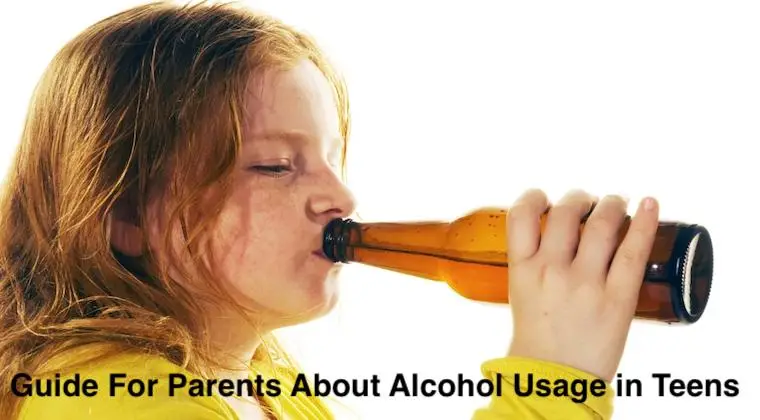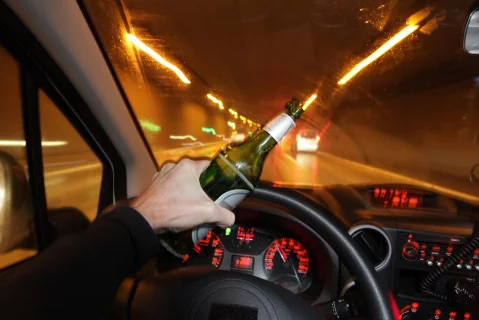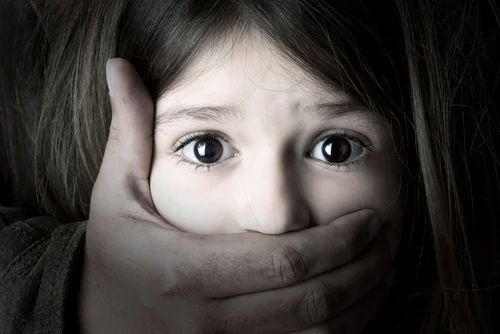+1 845 259 2974 (11 a.m to 7 p.m CST)
Guide For Parents About Alcohol Usage in Teens

Talking to your kids about alcohol is crucial. It's not just about telling them what's right or wrong. It's about guiding them to make safe choices as they grow. This talk can feel tough. You might worry about how to start or what to say. But it's a step you can't skip.
Let’s explore simple ways to bring up the topic of drinking. Share facts about alcohol and its effects, especially on young people. Also learn how to set clear rules and expectations around drinking. Monitoring apps can also help you know what is going on with the kids. These can help you keep an eye on your kids without breaking their trust.
You need to opt for smart parenting if you want to keep your safe and secure. Have them make safe choices by open communication and keeping an eye on them as well. It is all about being smart about how to deal with today’s kids.
Understanding Alcohol and Its Effects
Alcohol is not just a common element at adult gatherings; its consumption has significant health impacts, especially on younger individuals.
Health Impact on Everyone:
- Alcohol consumption affects major bodily functions and organs, including the brain, heart, and liver. It can lead to serious long-term health issues such as addiction and liver disease. This is a concern for people of all ages, making it crucial to understand and discuss these impacts.
Unique Effects on Young People:
Young individuals experience the effects of alcohol differently and more severely due to their developmental stage.
- Brain Development: Alcohol can significantly interfere with the brain development of teenagers and young adults. This interference can affect cognitive functions like memory and learning, potentially leading to long-term developmental issues.
- Risk of Addiction: The younger someone starts drinking, the higher the risk of developing alcohol dependence later in life. This increased risk makes early education and prevention efforts vital.
- Safety Risks: Engaging in drinking at a young age increases the likelihood of accidents, injuries, and engagement in risky behaviors. These safety risks underscore the importance of guiding young people to make informed, safe choices regarding alcohol.
By understanding these key points, parents can better prepare to discuss alcohol with their children, emphasizing the unique risks young people face and guiding them toward healthier decisions.
Communicating With the Kids
Starting a talk about drinking can be tricky. Here are a few tips:
- Pick the Right Time: Choose a calm, quiet moment when you're both open to chatting.
- Be Open and Honest: Share your feelings about alcohol honestly. These builds trust.
- Listen: Let your child share their thoughts too. This creates a two-way conversation.
Creating an open environment means showing respect and understanding. It's about letting them know they can talk to you about anything.
Educating Your Kids About Alcohol
When teaching your kids about drinking, remember to:
- Explain Risks: Talk about health risks and how alcohol affects judgment.
- Legal and Social Consequences: Discuss the legal age for drinking and the possible outcomes of underage drinking, like legal trouble or damaging relationships.
- Decision Making: Emphasize the importance of making safe choices, especially when faced with peer pressure.
This education helps them understand why responsible drinking matters and the serious effects of not following the rules.
Setting Clear Expectations and Boundaries
To set clear rules about alcohol:
- Be Specific: Outline what's acceptable and what's not. This could include no drinking until a certain age.
- Explain Why: Help them understand the reasons behind your rules.
- Lead by Example: Your actions speak loudly. Drink responsibly to show them how it's done.
Showing you practice what you preach is key. It teaches them respect and self-control.
Monitoring Your Kids' Activities
Keeping an eye on your kids helps prevent underage drinking by:
- Staying Informed: Know where they are and who they're with.
- Open Dialogue: Regular chats can make them feel comfortable sharing their plans with you.
- Use Tools Wisely: Monitoring apps can help but explain why you're using them. It's about their safety, not distrust.
Balancing supervision with respect for their privacy builds trust while keeping them safe.
Dealing with Peer Pressure
Helping kids resist peer pressure involves:
- Confidence Building: Teach them it's okay to say no. Their real friends will respect their choices.
- Role-Playing: Practice different scenarios where they might face peer pressure. This prepares them for real-life situations.
- Support System: Encourage them to spend time with friends who share their values.
These strategies equip them to stand firm against peer pressure.
Recognizing Warning Signs
If you think your child might be drinking:
- Behavior Changes: Look for unexplained mood swings or academic problems.
- Physical Signs: Notice any unusual smells on their breath or clothing.
- Secretiveness: Watch for signs they're hiding something, like being vague about their whereabouts.
If you spot these signs, approach the topic gently but directly. Express your concerns without accusing them. Offer support and seek professional help if needed.
Seeking Help When Needed
It's important to know when and where to seek help if you're worried about your child's relationship with alcohol.
Resources for Further Education and Support:
- Educational Websites: Look for sites offering guidance on talking to kids about alcohol.
- Community Programs: Many communities offer programs for parents and teens about substance abuse prevention.
- Support Groups: Parenting groups can provide advice and support from others facing similar challenges.
When to Seek Professional Help:
- Continued Use Despite Consequences: If your child continues to drink despite negative outcomes, it's time to seek help.
- Changes in Health or Behavior: Significant changes in physical health or behavior can indicate a problem.
- Withdrawal Symptoms: Signs of withdrawal when not drinking are a clear signal for professional intervention.
Don't hesitate to reach out for professional help if you're concerned. Early intervention can make a significant difference in your child's health and well-being.
Talking to your kids about alcohol is a crucial part of parenting. It's not just about setting rules but also about educating them, building trust, and preparing them to face challenges like peer pressure. Remember, the goal isn't to scare them but to guide them toward making safe and informed decisions.
Monitoring their activities and knowing when to seek help are also key components of this journey. It's about striking a balance between oversight and respecting their privacy, showing them that your actions come from a place of care.
By taking these steps, you're not just addressing the issue of underage drinking; you're also strengthening your relationship with your child, providing them with the tools they need to navigate the complexities of growing up. This journey may not always be easy, but with open communication, understanding, and support, you can help your child build a healthy, responsible attitude toward alcohol.
























